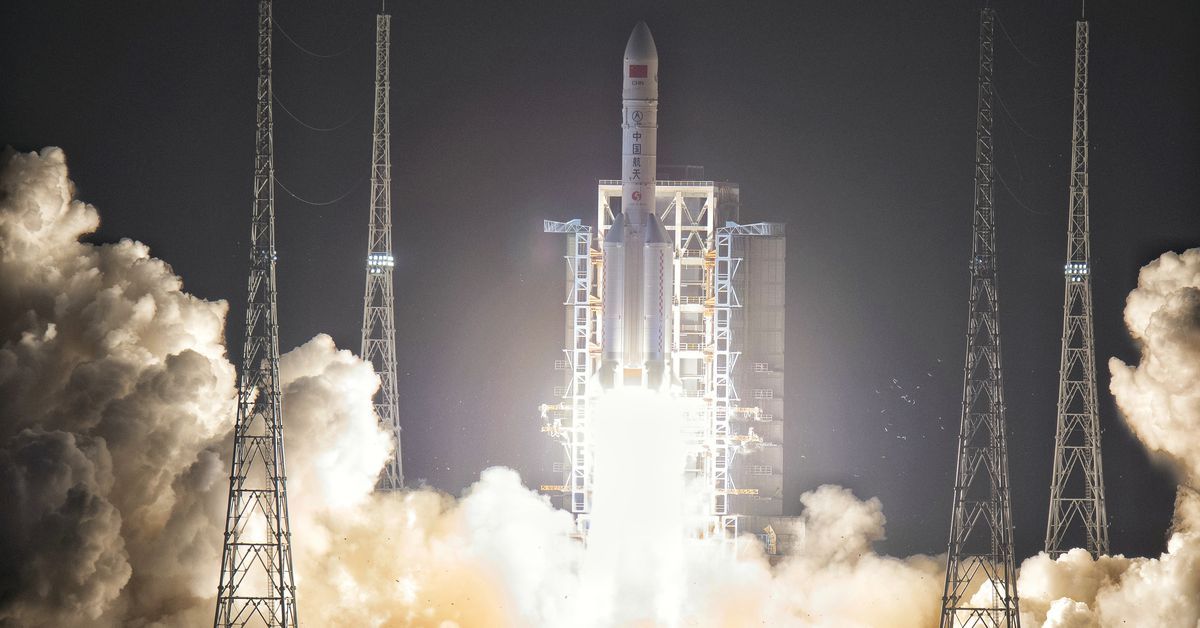Next week’s proposals are unlikely to contain major surprises, because the commission has unveiled its main ideas over the past months, in particular its overall 7-year budget plan, issued on 2 May. Although Horizon Europe will keep Horizon 2020’s main features, the commission has laid the groundwork for several novelties, including a new agency to tackle the continent’s perennial innovation problem and a big, separate push on collaborative defense research. But contentious negotiations lie ahead. The United Kingdom is negotiating the terms of its impending exit from the European Union, and some member states want to tighten budgets. Meanwhile, research advocates want more generous spending, noting the low application success rates in Horizon 2020—a frustrating 11.9% so far.
Commission seeks €97.6 billion for “Horizon Europe”.






